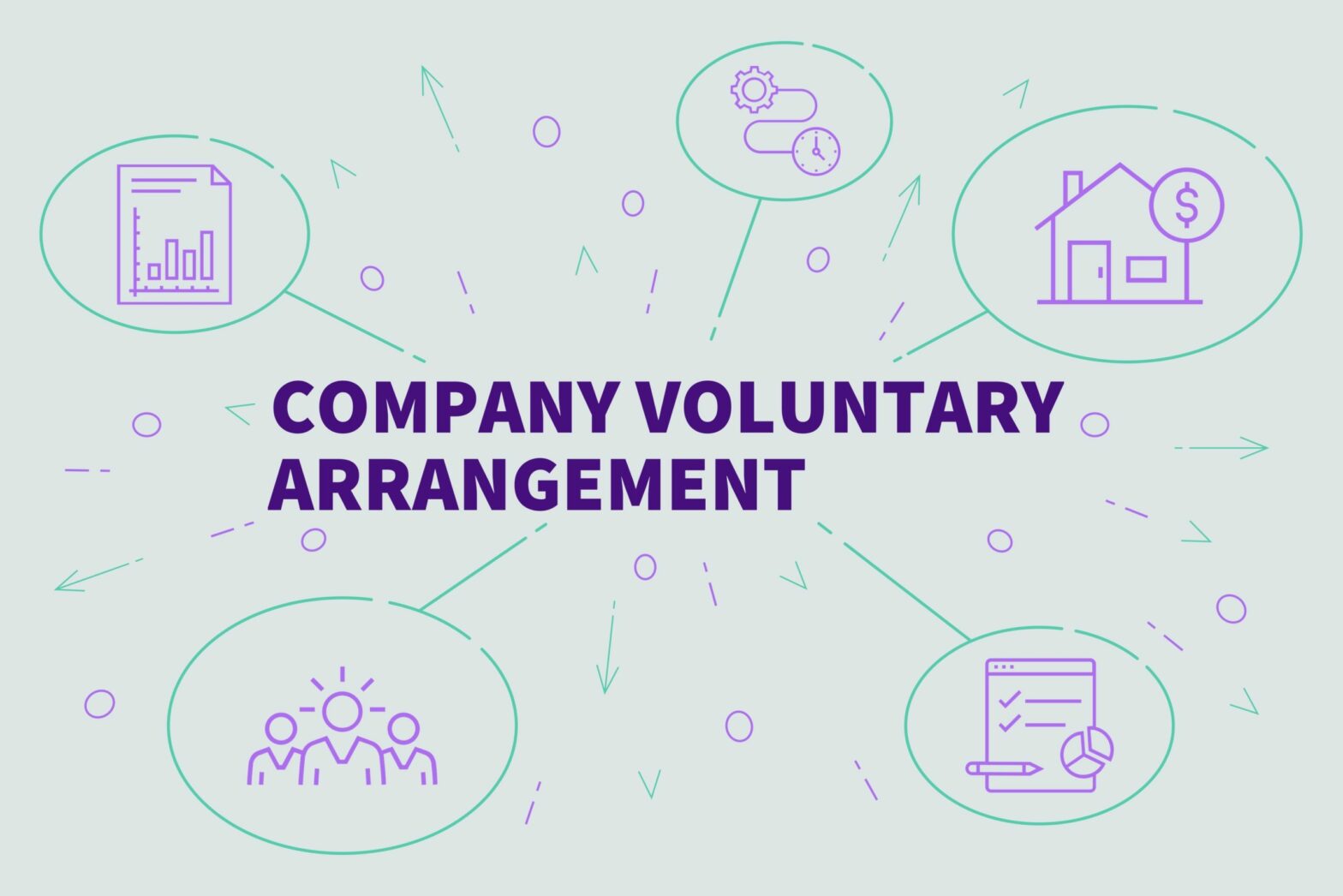A Comprehensive Guide to Corporate Voluntary Agreement (CVA).
A Comprehensive Guide to Corporate Voluntary Agreement (CVA).
Blog Article
Exploring the Impact of Business Voluntary Contracts on Company Finances and Operations
In the world of company governance, voluntary arrangements have arised as a system for business to browse complicated governing landscapes while demonstrating commitment to social responsibility. As we delve into the elaborate interplay between business voluntary arrangements and company financial resources and procedures, a mosaic of challenges, benefits, and transformative possible arises, painting a compelling image of the progressing business landscape.
Financial Ramifications of Business Volunteer Arrangements
The monetary ramifications of company voluntary contracts play a critical function in forming the financial landscape of organizations. They typically dedicate to certain activities or targets that can have direct financial implications when companies involve in voluntary contracts. First of all, these agreements might entail investments in sustainability efforts or modern technology upgrades to fulfill environmental standards. While these financial investments can originally sustain costs, they may result in long-lasting savings via improved efficiency or accessibility to brand-new markets.

In addition, the monetary implications of business voluntary arrangements expand beyond direct costs and rewards. They can influence accessibility to resources, insurance policy costs, and general market competitiveness. Firms that demonstrate a commitment to sustainability via volunteer arrangements might benefit from lower loaning expenses or increased financier self-confidence, ultimately shaping their financial health and sustainability.
Operational Adjustments Resulting From Agreements
As business commit to corporate volunteer arrangements and browse the associated monetary effects, they are motivated to make operational modifications that align with the agreed-upon targets and actions. These operational adjustments usually involve restructuring internal procedures, purchasing brand-new modern technologies, boosting sustainability practices, and boosting overall performance. For instance, a firm that has actually pledged to decrease its carbon impact might need to carry out energy-saving measures, switch over to renewable power resources, or enhance transport logistics to meet the collection discharge decrease objectives.
Operational modifications arising from business voluntary arrangements can likewise include enhancing transparency and liability in supply chains, enhancing product traceability, and making certain compliance with industry standards and laws. Firms might need to change their purchase techniques, collaborate extra closely with suppliers to promote agreed-upon practices, or introduce brand-new training programs to enlighten staff members on the significance of satisfying the see here established targets. corporate voluntary agreement. Ultimately, these operational changes are essential for firms to demonstrate their dedication to the agreements they have actually voluntarily gotten in right into and to drive meaningful progress in the direction of their sustainability and social obligation goals
Difficulties in Implementing Volunteer Arrangements
Navigating the implementation of company voluntary contracts presents business with a myriad of challenges that require critical preparation and positive remedies. One substantial difficulty lies in lining up the voluntary contracts with the company's existing techniques and plans.
Firms need to establish clear metrics and reporting devices to demonstrate conformity and showcase the positive results resulting from the contracts. Reliable communication, continuous evaluation, and routine review are crucial to overcoming these difficulties and realizing try this out the full possibility of business volunteer agreements.
Benefits of Complying With Voluntary Agreements
Efficiently sticking to volunteer agreements can cause enhanced company online reputation and stakeholder trust. By committing to these contracts, business showcase their devotion to social obligation and sustainability, which can draw in socially aware consumers and financiers. This dedication can also cause boosted relationships with governing bodies and federal government agencies, possibly lowering the probability of expensive fines or legal disputes.
In addition, adhering to volunteer arrangements frequently fosters development within firms. As organizations function in the direction of fulfilling the goals laid out in these arrangements, they are incentivized to establish and apply brand-new innovations, processes, and strategies that can boost effectiveness, minimize waste, and reduced expenses. This emphasis on technology can eventually improve a company's competitiveness in the market and position it as a leader in its sector.
Additionally, adherence to volunteer contracts can aid firms construct stronger relationships with their workers. corporate voluntary agreement. Demonstrating a dedication to moral techniques and sustainability can boost worker morale and engagement, leading to enhanced efficiency and retention prices. Overall, the advantages of adhering to volunteer agreements expand beyond mere compliance, supplying business a pathway to long-term success and favorable social impact
Monitoring and Examination of Contract Conformity
Building upon the structure of advantages derived from adhering to volunteer arrangements, a critical element that demands interest is the methodical tracking and examination of contract conformity within companies. Surveillance and examination procedures are necessary to guarantee that business are meeting the terms of the arrangements they have voluntarily dedicated to.

Verdict
In verdict, business volunteer agreements have substantial monetary ramifications and can lead to functional adjustments within a firm. On the whole, voluntary contracts play a vital role in shaping business actions and driving favorable change in the business field.
As we dive into the complex interaction between corporate volunteer contracts and company financial resources and operations, a mosaic of challenges, advantages, and transformative potential arises, painting an engaging picture of the developing company landscape.
Furthermore, business volunteer agreements can entail monetary motivations or fines based on the firm's efficiency in meeting agreed-upon targets.As companies dedicate to corporate volunteer contracts and navigate the connected economic implications, they are prompted to make operational adjustments that straighten with the agreed-upon targets and activities.Building upon the structure of advantages acquired from adhering to voluntary contracts, a critical facet that demands attention is the organized tracking and assessment of contract compliance within business.In final thought, corporate volunteer contracts have substantial economic implications and can lead to operational changes within a company.
Report this page